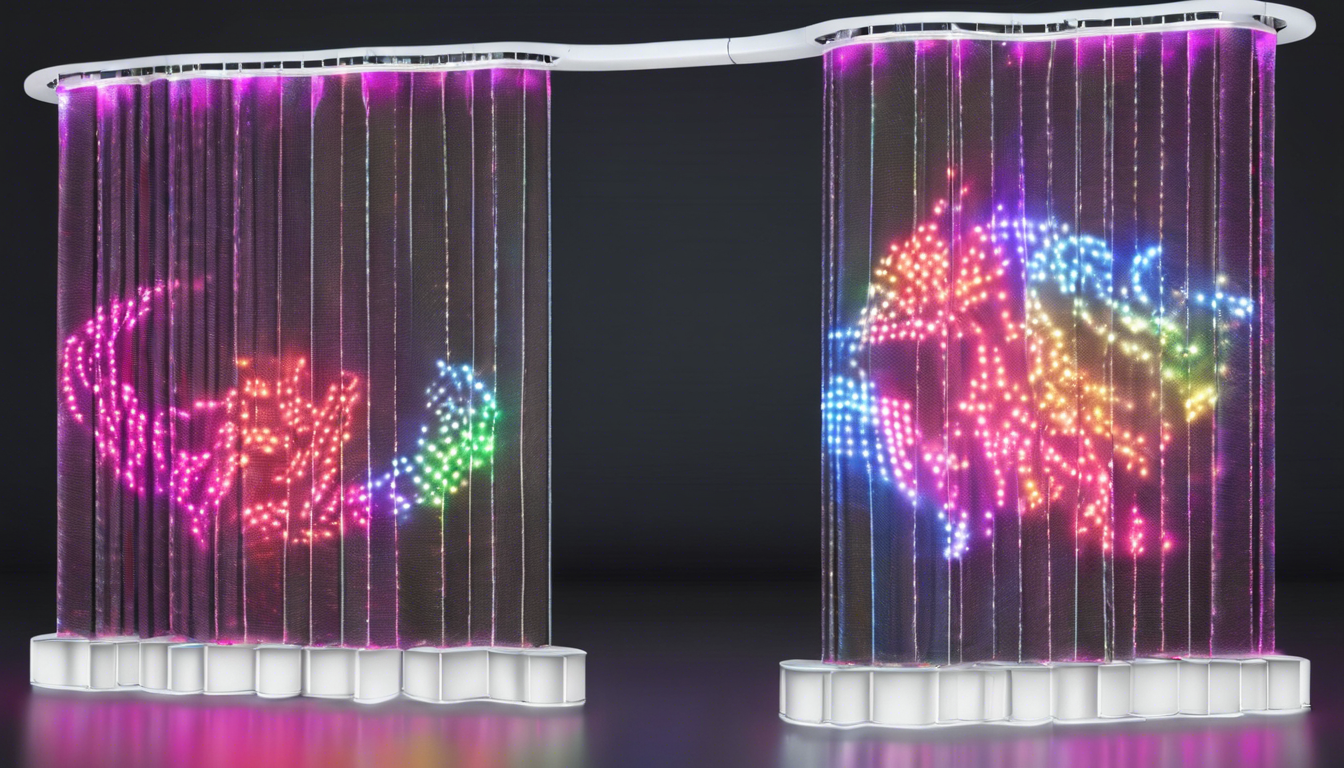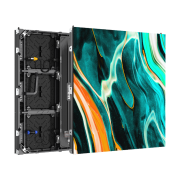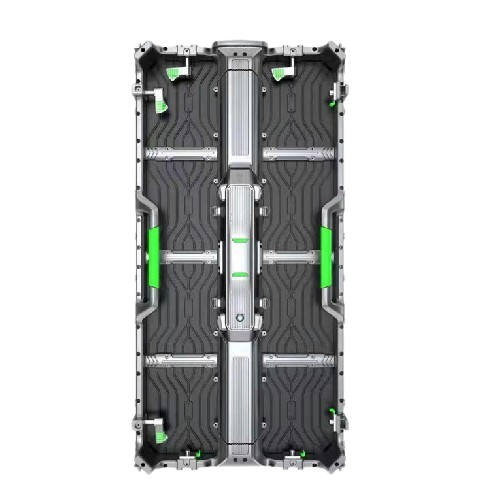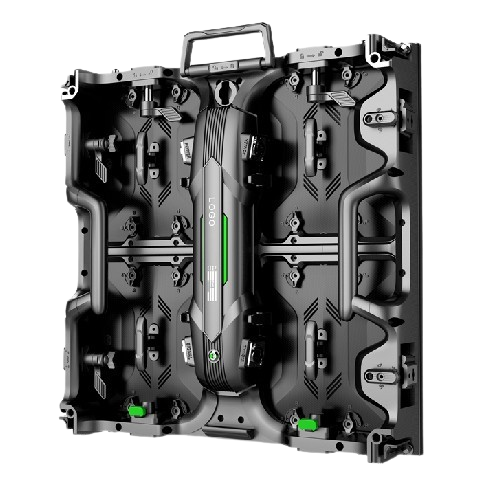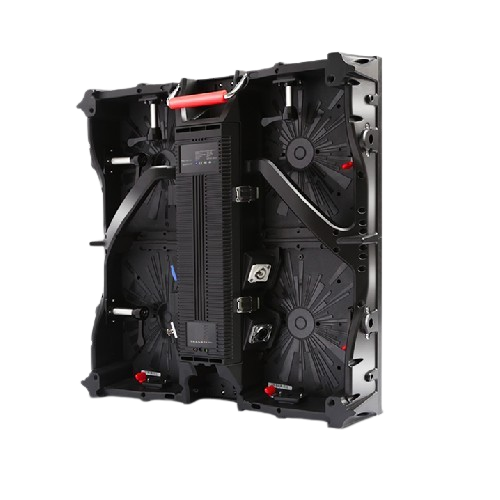Flexible LED Curtain Display Manufacture: Revolutionizing Digital Signage
What is a Flexible LED Curtain Display?
A Flexible LED Curtain Display is an advanced display technology designed for high-resolution digital signage applications. Unlike traditional rigid LED displays, these curtain displays are lightweight, flexible, and can be easily curved or bent to fit unconventional and dynamic spaces. They are commonly used for stages, concerts, architectural designs, and advertising purposes.
Advantages of Flexible LED Curtain Displays
- Lightweight: Due to their reduced weight, flexible LED curtain displays are easier to install and transport.
- High Flexibility: These displays can be molded into various shapes and designs, providing versatility in applications.
- Energy Efficient: LED technology ensures that these displays consume less power compared to other types of displays.
- High Brightness: They offer outstanding brightness levels, making them suitable for both indoor and outdoor use.
- Durability: Made with robust materials, they are designed to withstand various environmental conditions.
Key Components of Flexible LED Curtain Displays
LED Modules
The heart of the display, LED modules consist of multiple LED lights mounted on a circuit board. They determine the resolution and color quality of the display.
Control System
The control system is the brain of the operation. Integrated hardware and software components manage how images and videos are displayed on the screen.
Power Supply
A reliable power supply ensures that the display operates efficiently. It converts power from the main supply to the voltage that the display requires.
Cabling and Connectors
Proper cabling and connectors are vital for transmitting data and power across the display. High-quality components are essential for maintaining signal integrity and reducing interference.
Detailed Manufacturing Process
Step 1: Design and Prototype
The manufacturing process begins with the design and prototyping phase. Engineers create detailed blueprints and 3D models to visualize the final product.
Step 2: Material Selection
Once the design is approved, the next step is material selection. High-quality LEDs, circuit boards, and flexible substrates are chosen to ensure durability and performance.
Step 3: Assembly
During the assembly phase, the LED modules are mounted onto the flexible substrates. These modules are then interconnected using cabling and connectors.
Step 4: Testing
Testing is a crucial step to ensure that the display is free from defects and performs optimally. Various tests, including brightness, color accuracy, and durability tests, are conducted.
Step 5: Final Packaging
Once the display passes all tests, it is packaged securely for shipping. Special care is taken to protect the delicate components during transit.
Applications of Flexible LED Curtain Displays
Entertainment Industry
Flexible LED curtain displays are popular in the entertainment industry for concerts, theaters, and stage performances. Their flexibility allows them to create immersive visual experiences.
Architectural Designs
Architects use these displays to add a modern touch to buildings. They can be integrated into the facades of buildings to create dynamic visual elements.
Advertising and Retail
Advertising agencies and retailers use flexible LED curtain displays for eye-catching advertisements. These displays can be installed in shopping malls, airports, and other public spaces.
Exhibition and Trade Shows
Exhibitors use flexible LED curtain displays to attract attention and engage visitors. They are particularly useful in trade shows where high visibility is crucial.
Challenges in Manufacturing Flexible LED Curtain Displays
Maintaining Durability and Flexibility
The primary challenge is to balance durability with flexibility. The materials must be robust enough to ensure long-term use while maintaining the ability to bend and curve.
Ensuring High Resolution
Another challenge is achieving high resolution and color accuracy. LED alignment and spacing need to be meticulously controlled to deliver sharp images and videos.
Cost Management
Keeping the cost affordable while ensuring high quality is a significant challenge. The cost of LEDs, control systems, and other components can add up quickly.
Future Trends in the Flexible LED Curtain Display Industry
Integration with IoT
The future points towards integration with the Internet of Things (IoT). This will allow for smart control and automation, making these displays even more versatile.
Higher Resolutions
As technology advances, we can expect to see higher resolutions and better color accuracy. This will open new possibilities for applications requiring ultra-clear displays.
Eco-Friendly Materials
The trend towards using eco-friendly materials will likely continue. Advancements in this area will make flexible LED curtain displays more sustainable.
Conclusion
The Flexible LED Curtain Display industry is on the cusp of major advancements. With its numerous benefits and wide range of applications, this technology is set to revolutionize digital signage and display solutions. Whether you’re in the entertainment, architectural, or advertising sectors, flexible LED curtain displays offer an innovative way to captivate your audience and enhance visual experiences.
By staying updated with emerging trends and overcoming manufacturing challenges, companies can unlock the full potential of flexible LED curtain displays. Investing in this cutting-edge technology not only improves brand visibility but also ensures a competitive edge in today’s fast-paced digital world.

